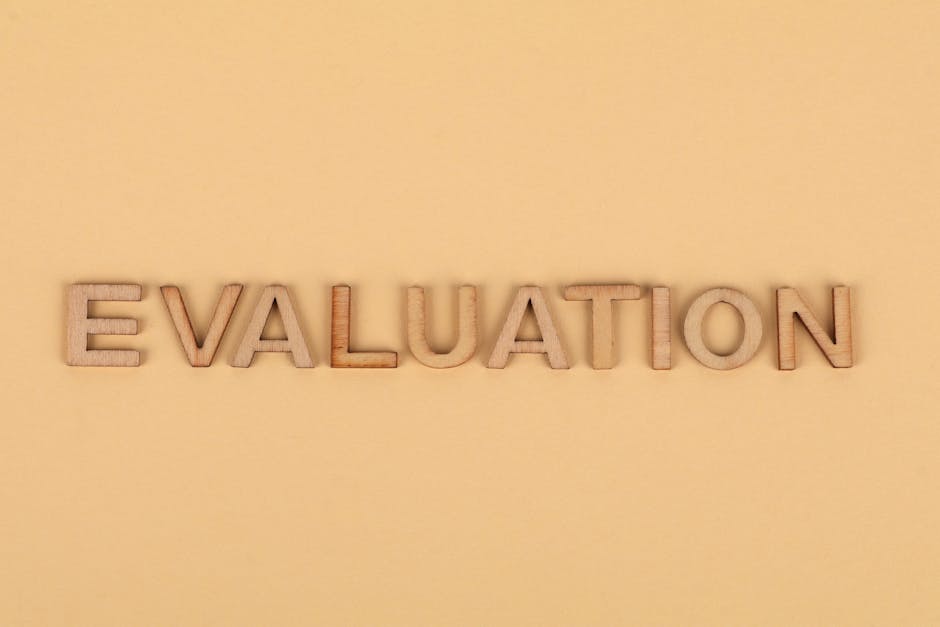How to Evaluate the Credibility of Online Sources

In an age where information is just a click away, evaluating the credibility of online sources has become a critical skill. With the sheer volume of content available on the internet, discerning what is reliable and what isn't can be challenging. Ensuring that the information we consume and share is accurate requires a systematic approach to assess the trustworthiness of websites, articles, and other online materials.
Assessing the Author's Credentials
One of the first steps in evaluating an online source's credibility is examining the author's credentials. Knowing who wrote the content provides insight into their expertise and reliability. Look for information about the author's educational background, professional experience, and other publications. Authors who are experts in their field or have a history of publishing credible work are more likely to provide accurate information.
For instance, articles written by professors or researchers often have a higher degree of reliability due to their rigorous standards in academic writing. It's also beneficial to check if the author has been cited by other reputable sources, which can further validate their credibility.
Additionally, consider whether the author has any potential biases or conflicts of interest. Authors affiliated with particular organizations or industries may have an agenda that could skew their objectivity. Understanding these factors can help you critically evaluate the information presented.
Evaluating the Website's Reputation
The reputation of the website hosting the content plays a significant role in its credibility. Reputable websites often have stringent editorial standards and fact-checking processes to ensure accuracy. To assess a website's reputation, consider its domain, look for "About Us" sections, and review its editorial policies.
Websites ending in .edu (educational institutions) or .gov (government websites) tend to be more trustworthy due to their established accountability standards. Similarly, well-known news organizations and academic journals usually adhere to high editorial standards.
Another useful strategy is to check for third-party reviews or ratings of the website. Websites like Alexa and SimilarWeb provide insights into a website's traffic and user engagement, which can be indicative of its reliability.
Analyzing Content Quality
The quality of the content itself is a crucial indicator of credibility. High-quality content is well-researched, clearly written, and free from errors. Pay attention to the presence of citations and references to original sources, as this demonstrates thorough research and transparency.
Look for signs of poor quality such as spelling and grammatical errors, sensationalist language, or overly biased opinions. Reliable content should present balanced views and acknowledge different perspectives on an issue.
- Check if the article includes up-to-date information supported by data from credible sources.
- Determine whether the content includes hyperlinks to original research or primary data sources.
- Assess if the arguments presented are logical and backed by evidence rather than emotional appeals.
Verifying Information Through Cross-Referencing
Cross-referencing information with other credible sources is a practical way to verify its accuracy. If multiple reputable sources report similar information, it increases the likelihood that it is accurate.
This technique involves checking facts against other trusted publications or databases. For example, if an article cites statistics or specific data points, verify these numbers against official reports or peer-reviewed studies. This helps to identify any inconsistencies or potential misinformation.
Additionally, tools like Google Scholar can be useful for finding academic papers that support or refute the claims made in an article. Cross-referencing not only enhances your understanding but also builds confidence in the reliability of the information you are consuming.
| Criteria | Indicators of Credibility | Red Flags |
|---|---|---|
| Author Credentials | Expertise in field, published work | Lack of information about author |
| Website Reputation | .edu or .gov domains, reputable news organizations | Poor design, excessive ads |
| Content Quality | Citations, clear writing, balanced views | Sensationalism, errors |
| Cross-Referencing | Consistent with other credible sources | Diverges significantly from trusted sources |
The ability to evaluate online sources critically is essential in navigating today's vast sea of information. By assessing author credentials, website reputation, content quality, and cross-referencing information with trusted sources, you can make informed decisions about what to trust and share. These practices not only help protect against misinformation but also promote a more informed society. Incorporating these evaluation techniques into your daily routine ensures that you engage with reliable content. It fosters critical thinking skills necessary for discerning fact from fiction in an increasingly digital environment. By becoming more adept at evaluating online sources, you contribute positively to maintaining an accurate flow of information.
